South Korea sees slight recovery in cargo traffic in July
 |
| Port of Busan |
South Korea's cargo traffic barely recovered over the year.
The Korean Ministry of Land, Transport and Maritime Affairs (MLTM, Minister Kwon Do Youp) announced that total cargo volumes through major Korean ports recorded 113,220,000 tons in July, climbing slightly 1.4% from 11,700,000 tons during the same period in 2011.
The accumulated traffic from January to July also increased by 3.2% to 781,580,000 tons from 757,400,000 tons compared with the same period in 2011.
Port by port, the cargo traffic at Incheon Port, Daesan Port and Pyeongtaek Dangjin Logistics increased by 10.5%, 8.2%, 8.1% each. The expansion resulted from the trade increase in oil and iron ore.
But the traffic at Pohang Port and Ulsan Port decreased by 4.0%, 2.7% respectively due to a slowdown in cars and soft coal trade.
On the other hand, the container cargo volumes through major Korean ports recorded 1,914,000 TEU in July, rising 5.5% from 1,899,000 TEU over the year.
The total container volume is made up of 1,189,000 TEU of import/export cargo traffic, 698,000 TEU of transshipment cargo traffic, and 26,000 TEU of offshore cargo traffic.
The import/export volume and transshipment volume have marginally increased by 1.9% and 0.4%, respectively. However the offshore volume dropped sharply by 27.5% compared with last July.
Especially the growth of transshipment cargo has been slowed during these days owing to global market depression and slowdown in China's economic growth.
 |
| If you want to see the original image, click the table. |
Port by port, Busan Port, the biggest port in South Korea, showed 1.0% growth compared with last year's figure for total container traffic, recording 1,455,000 TEU.
Container cargo traffic at Gwangyang Port reached 184,000 TEU, increasing by 5.3% over the last year.
Incheon Port saw their container cargo volumes decrease 3 months in a row by 3.9% to 165,000 TEU due to drops in trade with China. < 김보람 기자 brkim@ksg.co.kr >
많이 본 기사
- 장금상선, 세계 1위 VLCC 해운사 꿈꾸나…35척 매입해수부 해운물류국장에 김혜정, 부산해수청장에 허만욱 임명해운업계, 청년 해기사 취업박람회 연다日 나고야항, 6년만에 260만TEU 달성지난해 中-유럽 정기화물열차 317만TEU 운송…전년比 8%↑中 NBOS라인 4300TEU급 컨선 4척 발주…3400억 규모해기교육원, 내항상선 해기인력 36명 배출 싱가포르항공, 싱가포르-리야드 직항 노선 신설해양교통안전공단 김준석 이사장, 설 대비 여객선 승선 점검BDI 2028포인트…中 춘절 앞두고 물동량 활황세 지속
- 트랜스올, 인천공항 상용화주 지정 인가 획득조선해양기자재硏, 美 정책기관과 스마트기술 협력방안 모색여수해경, 설 연휴 해양사고 예방 총력고흥 녹동항, ‘클린어항 조성’으로 새단장건강칼럼/ 갑작스러운 흉통과 호흡곤란, 기흉을 아시나요?[표] 주간 중고선 가격동향상하이 5500만·싱가포르 4400만…나란히 350만TEU 성장[표] 주간 중고선 가격지수IPA, 올해 첫 대형 크루즈선 입항 맞아 기관장 주재 현장점검삼성重, 중동시장 공략…카타르 조선소와 선박 개조사업 협력
스케줄 많이 검색한 항구







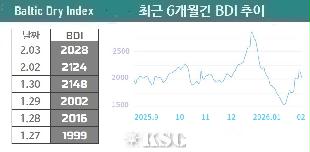

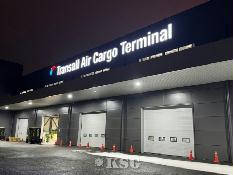



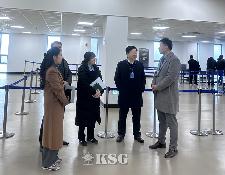
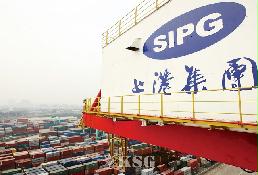


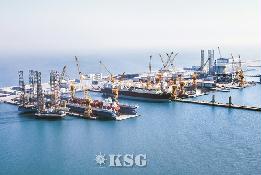
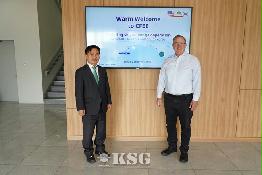
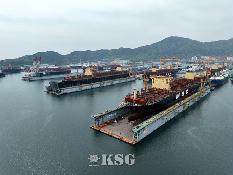

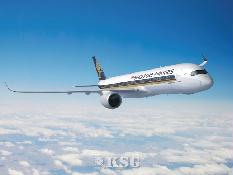
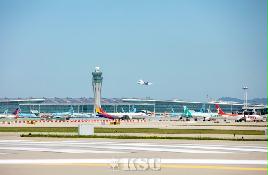

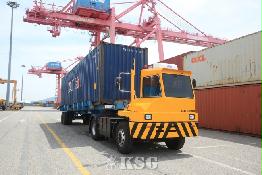


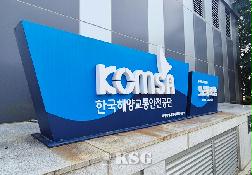




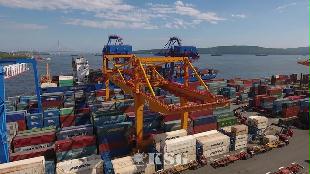
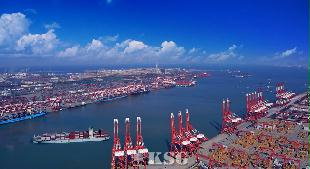
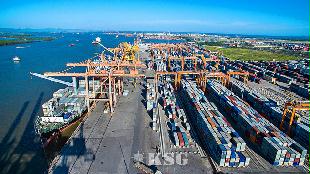
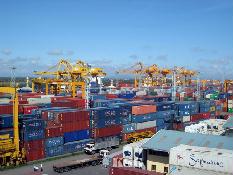





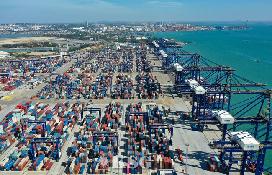

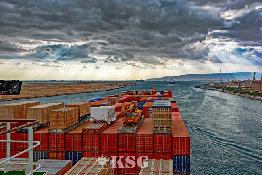
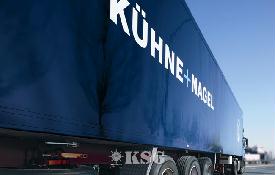





















0/250
확인